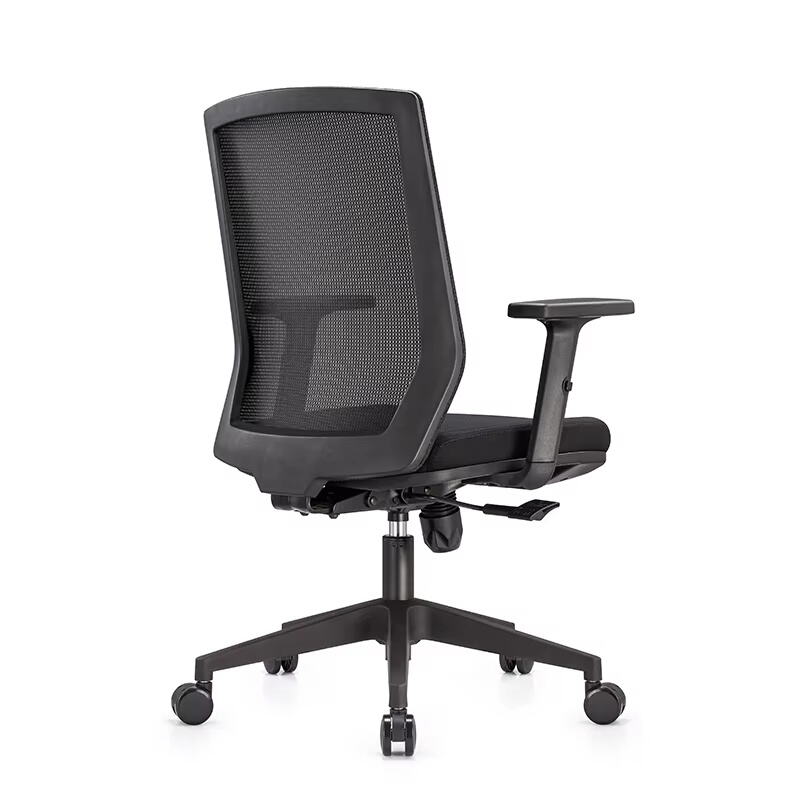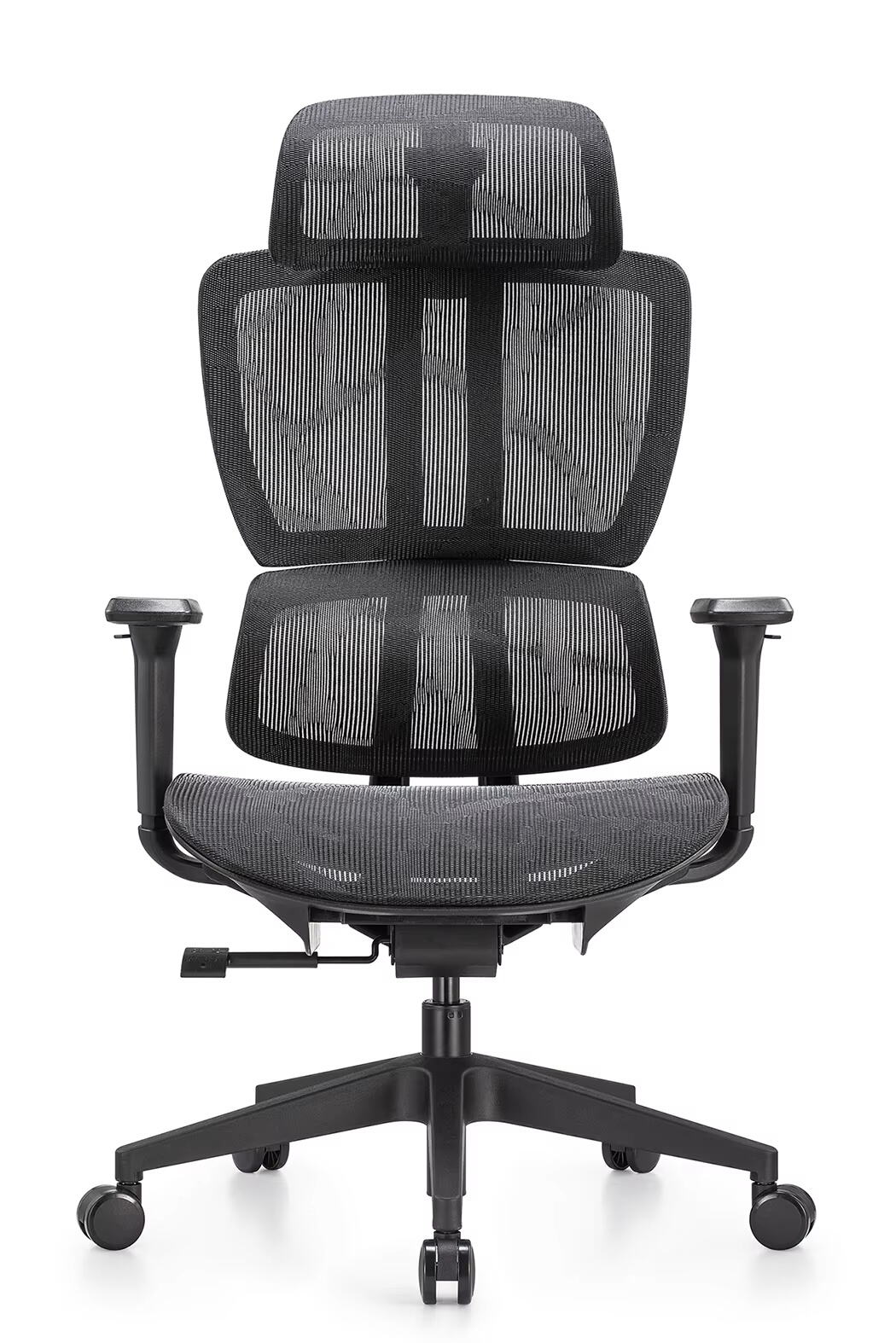
Understanding HIPAA Compliance in Healthcare Seating
The Connection Between Seating and Patient Privacy
HIPAA rules around patient privacy actually affect something pretty basic in healthcare settings: where people sit. When patients are waiting for appointments or talking to staff, their seats need to be positioned so nobody else can overhear what's being said. This matters because PHI needs protection at all times. We've all seen those situations where two chairs are practically touching, making it impossible to have a confidential discussion without someone nearby catching snippets of conversation. These kinds of seating arrangements create real risks for accidental exposure of medical records and other sensitive data, which puts entire facilities out of compliance with federal standards.
Adding sound absorbing materials to seating areas really cuts down on background noise, making spaces much quieter and more private for confidential conversations. But it's not only about how things look or feel physically.医疗机构 need to build a real culture around keeping information private, so both staff members and patients know why this matters so much. Training programs should cover proper handling of personal health info too. When everyone gets regular reminders about these policies and sees leadership taking privacy seriously, that creates an environment where sensitive discussions stay exactly where they belong.
Essential Features of Medical-Grade Office Chairs
Durable, Easy-to-Clean Materials for Infection Control
The choice of materials matters a lot when it comes to medical grade office chairs and infection control in clinical settings. Vinyl and synthetic leather options tend to be the go to choices because they resist stains and wipe down easily after patient contact. Research from hospitals shows that regular disinfection of chair surfaces actually cuts down on those nasty Healthcare Associated Infections we all want to avoid. And let's not forget about durability factors either. These chairs get used constantly in busy areas like waiting rooms and exam spaces where people come and go throughout the day. That's why healthcare providers often look for materials that hold up over time without showing excessive wear. Spending extra upfront on quality materials pays off in the long run since facilities stay cleaner longer and don't have to replace furniture as frequently.
Adjustable Designs for Ergonomics and Accessibility
Medical office chairs need adjustable designs if they're going to deliver real ergonomic benefits and work for everyone. When chairs have things like height adjustments and proper lumbar support, they actually fit people of all shapes and sizes better. This makes workers more comfortable at their desks and cuts down on those annoying back problems we see so often. Some studies point out that when offices invest in good ergonomic seating, employees tend to be happier and get more done during the day. What's more, adding accessibility options like adjustable armrests or seats that can tilt forward really matters for making sure disabled staff members can use them too. We've seen hospitals where these kinds of thoughtful design choices make a huge difference in how staff feel about their workspace overall.
Privacy Enhancements for Secure Environments
Hospitals and clinics often outfit their medical grade seating with privacy upgrades to keep areas secure. Things like adding screen panels around chairs or installing sound absorbing materials really cut down on accidental overheard conversations. This matters a lot when keeping patient information private as required by those HIPAA rules everyone talks about. Color choices matter too. Blues and greens tend to create calmer spaces while neutral tones help maintain that professional feel patients expect. Research shows that when healthcare settings focus on privacy, they meet regulatory requirements AND see happier patients overall. For any facility looking to balance safety with comfort, investing in these kinds of improvements just makes sense from both a legal standpoint and basic human decency perspective.
Mobility Considerations: Office Chairs with Wheels
Getting around easily matters a lot when designing office chairs for healthcare workers who need wheels on their seats. When staff can roll from one workstation to another without effort, it really helps keep things moving smoothly in busy clinics and hospitals. Good quality casters make all the difference here they let people move where they need to go while still staying stable enough not to tip over accidentally. That stability aspect isn't just comfort related either it's actually pretty important for safety reasons too. Training staff properly on how these wheeled chairs work goes beyond just comfort issues. It plays a role in keeping patient records secure which ties directly into HIPAA requirements. For healthcare facilities, having chairs that balance both mobility features and safety aspects means better day to day operations overall plus peace of mind knowing confidential data stays protected throughout the building.
Applications of HIPAA-Compliant Seating in Healthcare Facilities
Patient Consultation Rooms: Balancing Comfort and Confidentiality
When setting up patient consultation areas, finding the right mix of comfort and privacy matters a lot for good communication. The chairs need to be welcoming enough so people actually want to sit down. Soft materials and proper padding help patients unwind and talk about what's on their mind without feeling tense. Privacy is just as important though. Room layouts matter here too. Placing furniture strategically can stop private chats from drifting out where others might hear them. Keeping things confidential builds trust. A well designed space makes all the difference when doctors and patients need to have those honest talks that are so vital to proper care.
Administrative Areas: Executive Desk Chairs for Data Security
For staff working in office settings, executive desk chairs are really important for keeping proper posture through those long days at work, plus they help keep sensitive information secure. Good chair design supports the body naturally so people don't end up with back pain or other issues that make them less productive over time. The best models let workers move around easily too, making it simple to reach files stored nearby or jump onto computers whenever necessary. When hospitals spend money on quality office furniture, it shows they take seriously the need to protect confidential medical records. This kind of investment isn't just about comfort either it's actually part of following HIPAA regulations properly, something all responsible healthcare providers must do.
Conference Room Chairs for Collaborative Care Discussions
Conference room chairs in healthcare facilities need to strike a good balance between encouraging team work and keeping patient info private during meetings. The way furniture is arranged makes a big difference too. Round tables tend to bring people together better than long rectangular ones, creating space where everyone feels included in decision making. But we also have to think about privacy concerns when talking about sensitive cases. Some hospitals now use sound absorbing panels or partition walls around certain areas to maintain confidentiality standards without completely isolating staff from each other. Getting this right means doctors, nurses and administrators can collaborate effectively while still following strict privacy rules that protect their patients' rights.
Waiting Areas: Office Guest Chairs with Privacy Features
The waiting rooms at hospitals and clinics need good quality chairs for visitors that are comfortable and help maintain some level of privacy. When there are partitions between seats, people feel less exposed to everyone else around them, which makes the whole waiting process less stressful during those long waits between appointments. A well thought out arrangement with walls or screens between different sections really improves how patients and families feel while they wait. These small changes make a big difference in keeping people happy with the facility and likely to return if needed again in the future.
Selecting the Right Contemporary Office Chair for Compliance
Evaluating HIPAA-Aligned Safety and Privacy Standards
Picking out the correct office chair isn't just about sitting comfortably anymore. Health care workers need to think about whether their chairs meet HIPAA requirements for protecting sensitive information. When shopping around, look beyond just how comfortable something feels. The actual materials matter too. Some fabrics trap germs better than others, so going for something that doesn't absorb moisture makes sense in clinical settings. Also worth noting is how easy it is for passersby to see what's on computer screens from different angles. Regular checks of all seating arrangements help keep things updated as rules change over time. Following these guidelines actually reduces legal headaches down the road and keeps everyone safer in the long run.
Matching Chair Functionality to Healthcare Workflows
When picking out chairs for healthcare environments, functionality really matters because it affects how well things run and whether regulations are followed. Chairs need certain basic features like full rotation capability, height adjustments, and easy moving around to keep up with all the different tasks healthcare workers handle daily. Take wheel-equipped office chairs for instance they let staff glide from one workstation to another without wasting time standing up and walking, which means faster access to what they need when they need it. Getting the chair design right for actual healthcare work cuts down on slips, trips, and other mishaps while patients are being treated. This attention to detail makes a big difference in day-to-day operations across clinics and hospitals.











